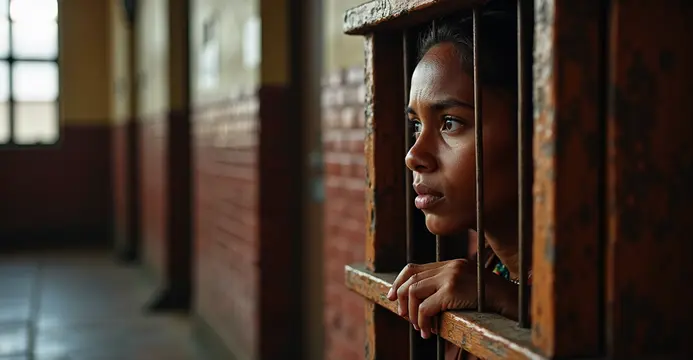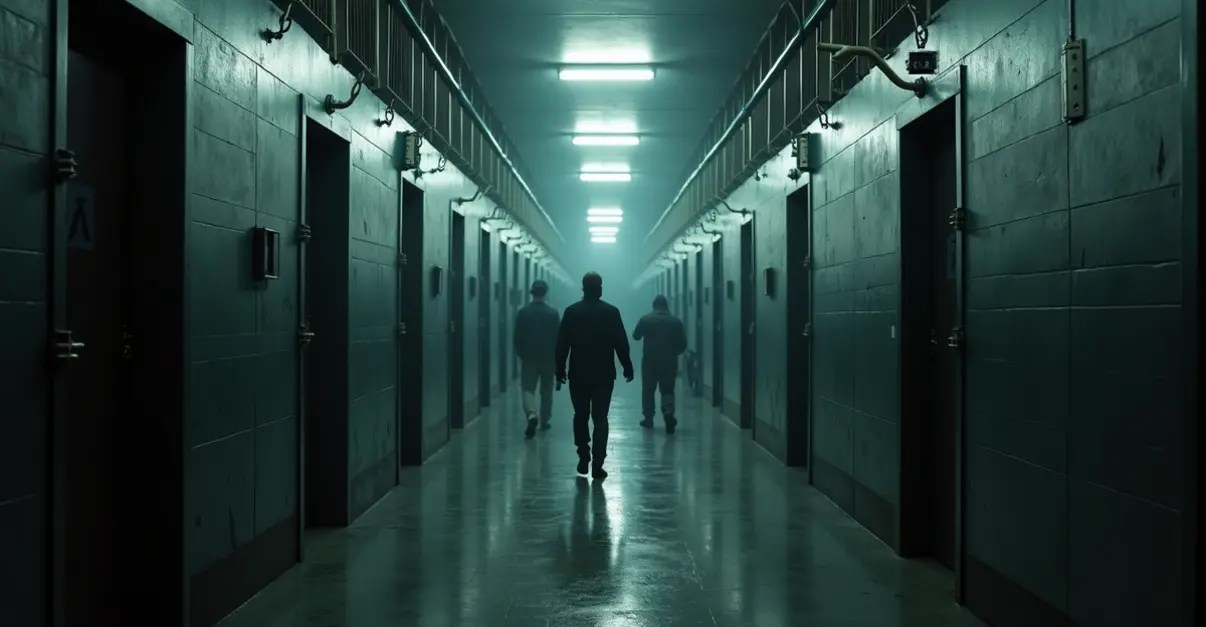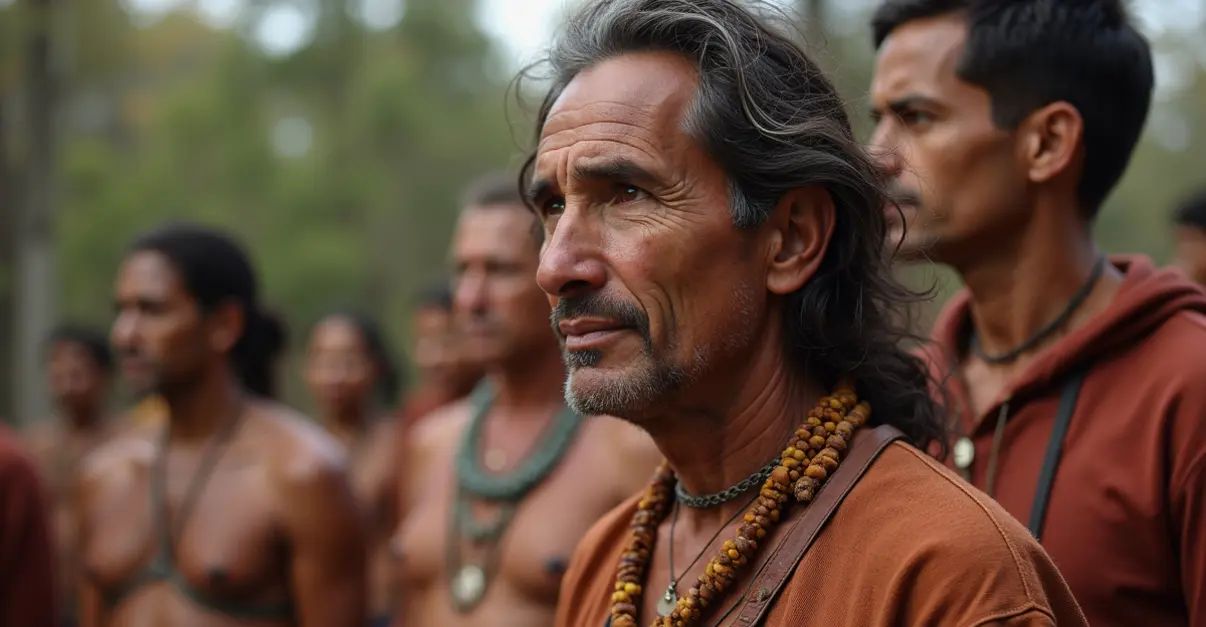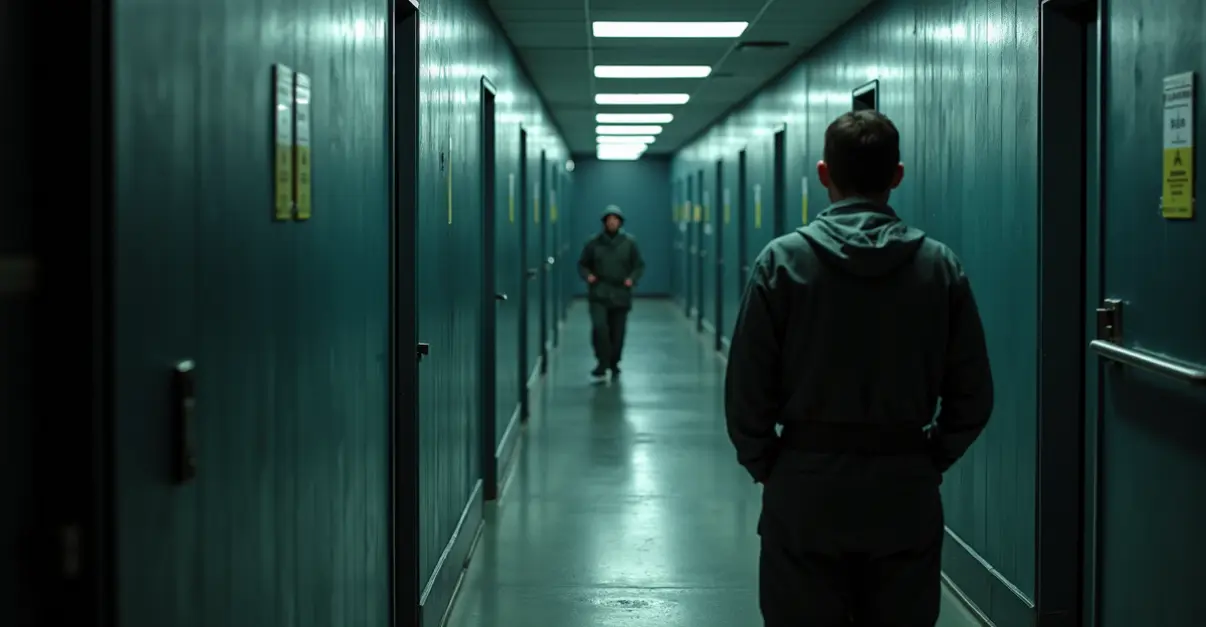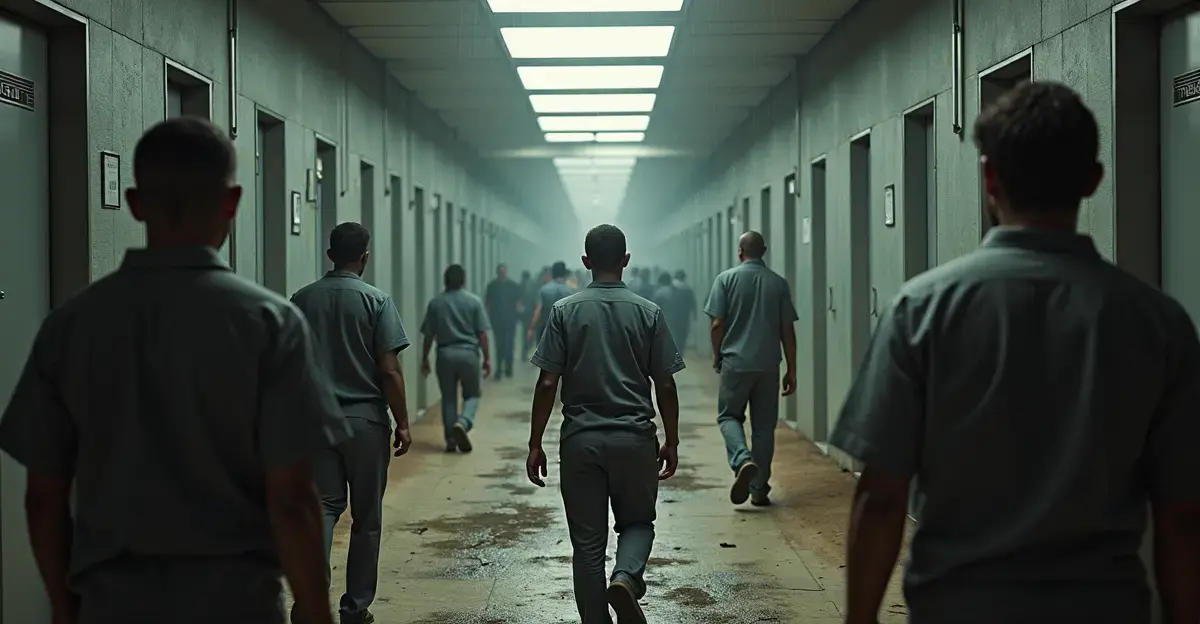Northern Territory Prisons at Breaking Point
Australia's Northern Territory is facing an unprecedented incarceration crisis, with prisons overflowing at record levels. A staggering 90% of the detainees are of Aboriginal and Torres Strait Islander descent, highlighting a severe systemic issue in the region's justice system.
Alarming Statistics Reveal Deep-Rooted Problems
According to recent government data, nearly 1% of the Northern Territory's total population is currently incarcerated, with Indigenous Australians comprising over 90% of this prison population. This represents a 123% increase in Indigenous incarceration since 2019, with an average of 41 Aboriginal people being imprisoned daily in the territory.
Hardline Policies Under New Government
The crisis has escalated under the leadership of Chief Minister Lia Finocchiaro from the Country Liberal Party, who came to power a year ago with a "law and order" mandate. Her government has implemented some of Australia's strictest bail laws, resulting in most accused individuals awaiting trial in custody rather than on bail.
Justice System Under Immense Strain
The local court system is overwhelmed, with average wait times of three months at local courts and nearly a year at the Supreme Court. Anthony Beven, interim director of the North Australian Aboriginal Justice Agency (NAAJA), warns that "the system is on the verge of collapse."
Pre-Trial Detention Crisis
More than 50% of prisoners in the Northern Territory are in pre-trial detention, meaning they haven't been convicted of any crime. This situation fundamentally challenges the legal principle of "innocent until proven guilty," as individuals can spend up to a year incarcerated without conviction.
Inhumane Prison Conditions
Former inmate Renae 'Rocket' Bretherton describes overcrowded conditions where prisoners sleep on mattresses on the floor, often going days without showers and limited outdoor access. The recidivism rate stands at 60%, with six out of ten prisoners returning to incarceration within two years of release.
Systemic Issues and Racial Disparities
Advocates point to underlying social determinants including extreme poverty, inadequate housing, health problems, and addiction issues that disproportionately affect Indigenous communities. The recent lowering of the criminal responsibility age from 12 to 10 years has further exacerbated concerns about systemic racism within the justice system.
Calls for Comprehensive Reform
Justice reform organizations and human rights advocates are calling for addressing root causes rather than punitive measures. They emphasize the need for investment in community services, education, healthcare, and housing to break the cycle of incarceration affecting generations of Indigenous Australians.

 Nederlands
Nederlands
 English
English
 Deutsch
Deutsch
 Français
Français
 Español
Español
 Português
Português
